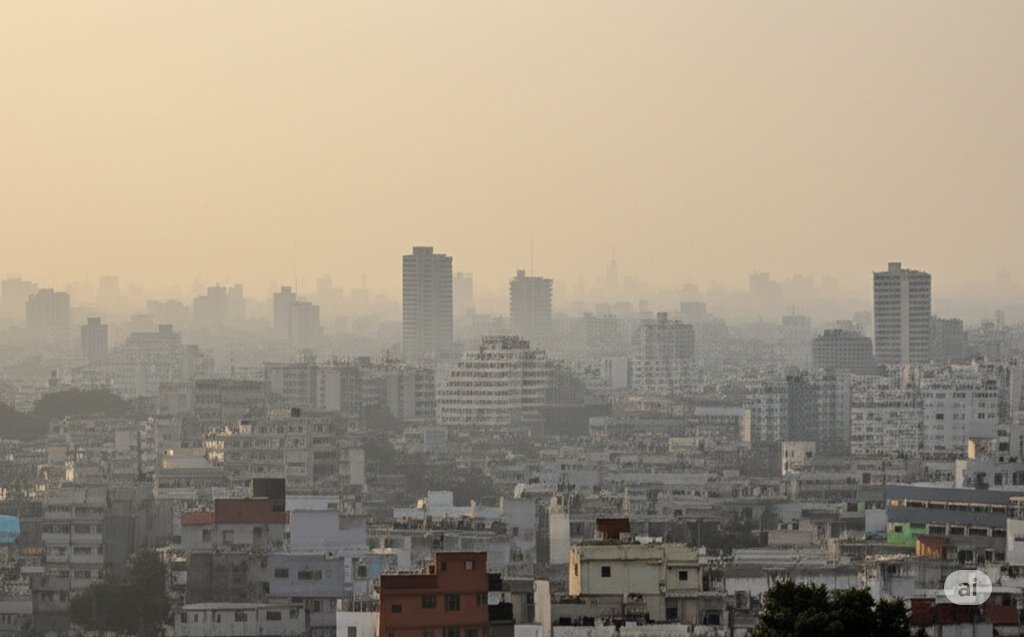Discover how pollution in Indian cities affects your health and learn simple, effective steps you can take today to protect yourself and your family.
India’s bustling cities are centers of opportunity and progress. However, this rapid growth often comes at a significant cost: widespread pollution. From the thick smog that blankets Delhi in winter to the industrial haze hanging over Mumbai, air pollution is a silent threat impacting the health of millions. Furthermore, this isn’t just about what’s in the air; water and noise pollution also play a huge role. Therefore, it’s crucial to understand these dangers and, more importantly, what we can do to protect ourselves.
How Pollution Silently Impacts Your Body
Air pollution, specifically particulate matter like PM2.5, can penetrate deep into your lungs and even enter your bloodstream. Consequently, this can lead to a host of serious health issues. You might experience persistent coughs, shortness of breath, and respiratory infections, which are all common in highly polluted areas. Additionally, long-term exposure significantly increases the risk of chronic diseases such as asthma and bronchitis. But the damage isn’t just limited to your lungs; studies have linked air pollution to cardiovascular problems like heart attacks and strokes. Moreover, polluted water sources, often found near industrial areas, can cause waterborne diseases like typhoid and cholera. The constant honking and traffic noise also contribute to stress, sleep disturbances, and high blood pressure, negatively impacting your overall well-being.
Steps You Can Take to Protect Yourself
While the problem seems massive, you can take practical steps to reduce your personal exposure. Being aware is the first step, and acting on that knowledge is the next.
- Monitor the Air Quality: Use apps or websites to check the Air Quality Index (AQI) in your city. On days when the AQI is high, it’s best to limit outdoor activities, especially during peak traffic hours.
- Wear a Mask: A good quality N95 mask can filter out a significant amount of the harmful particulate matter. It’s a simple yet effective tool for days with poor air quality.
- Improve Indoor Air: Investing in an air purifier for your home or office can make a big difference. Additionally, keeping windows and doors closed on high-pollution days helps a lot. Planting indoor air-purifying plants like aloe vera and snake plants is also a great idea.
- Stay Hydrated and Eat Well: Drinking plenty of water helps your body flush out toxins. Furthermore, consuming foods rich in antioxidants, such as leafy greens, fruits like mangoes and pomegranates, and nuts, can help boost your immunity.
Pushing for a Cleaner Future
Making small changes in your daily life is important, but a larger effort is needed. Supporting community initiatives and advocating for cleaner public transport can make a collective impact. Also, choosing to walk or cycle for short distances instead of driving helps reduce your personal carbon footprint. Finally, consider using public transportation more often. Ultimately, a healthier future for our cities depends on both individual action and collective change.












